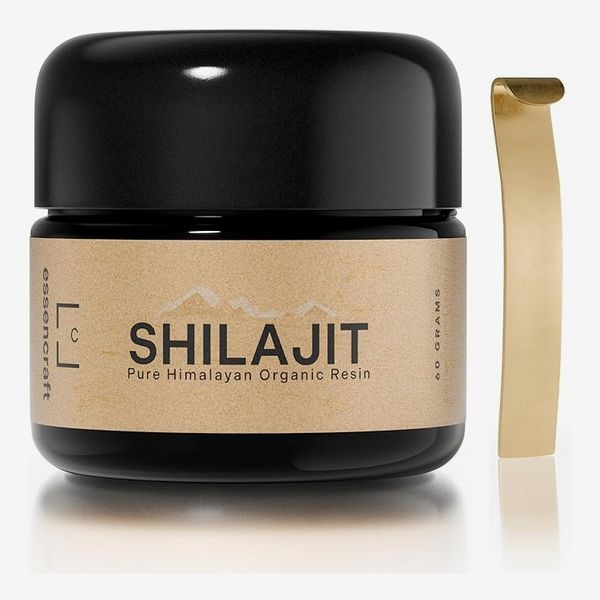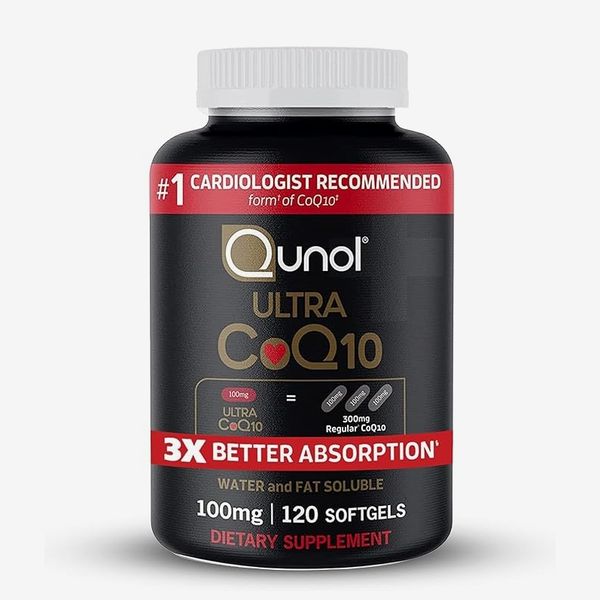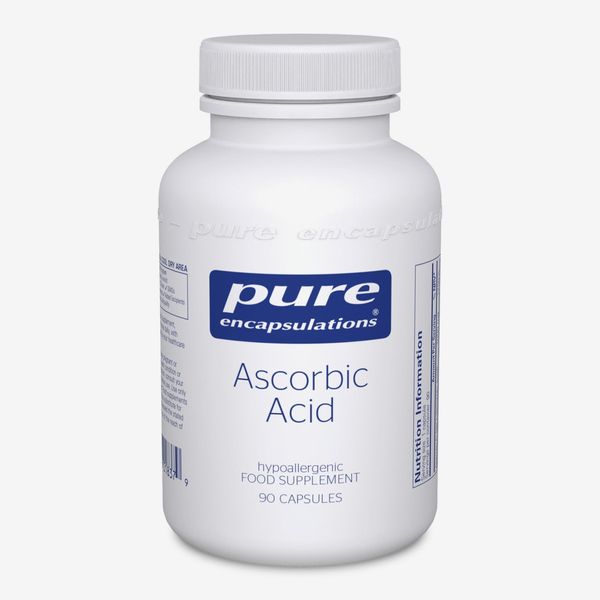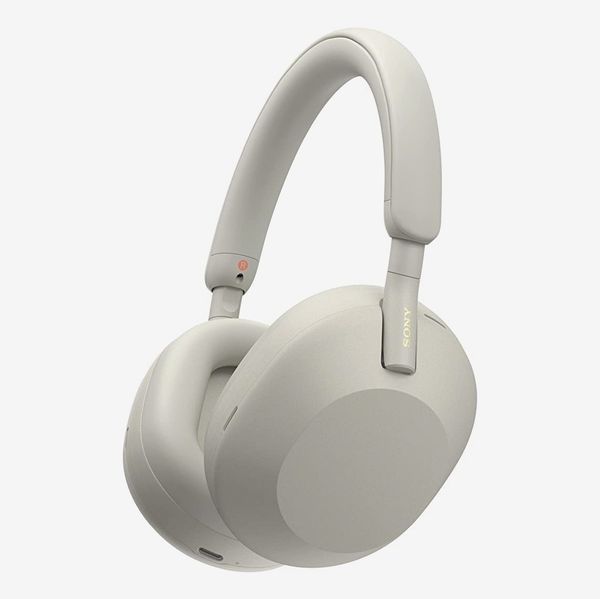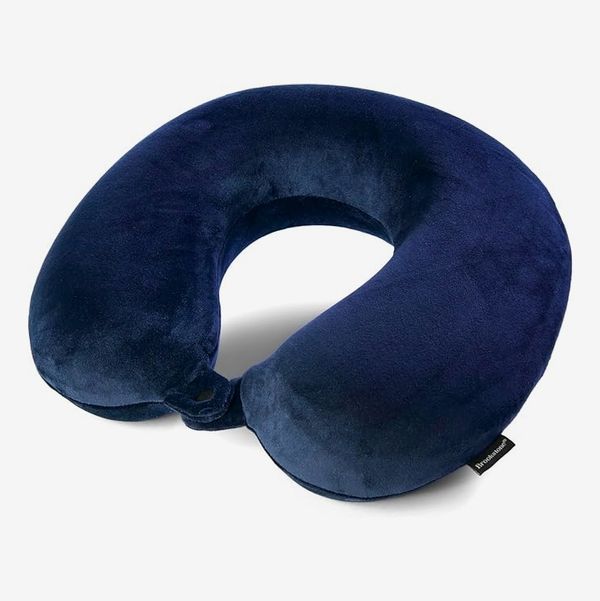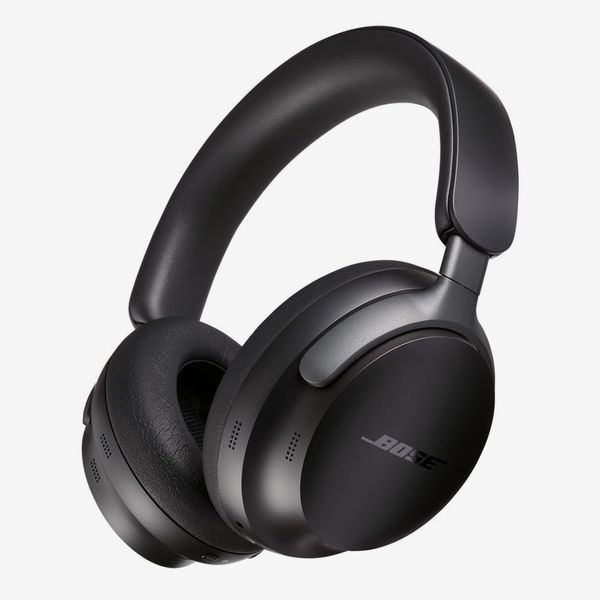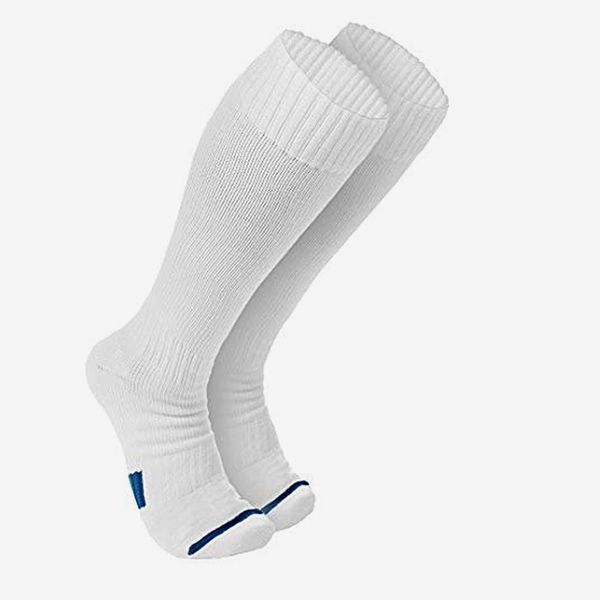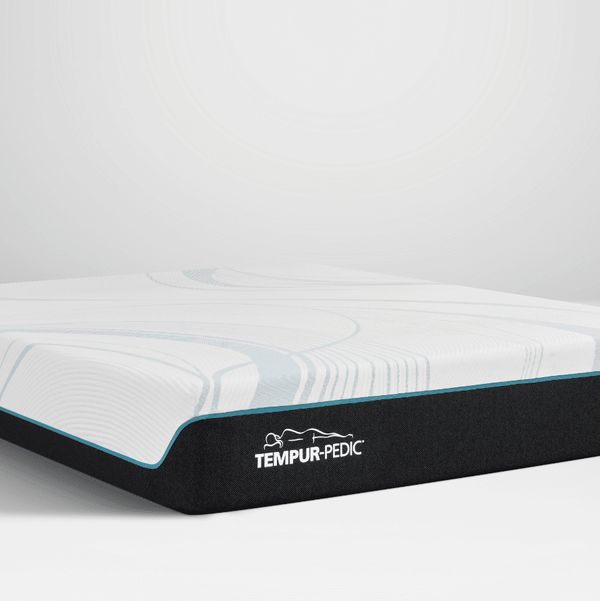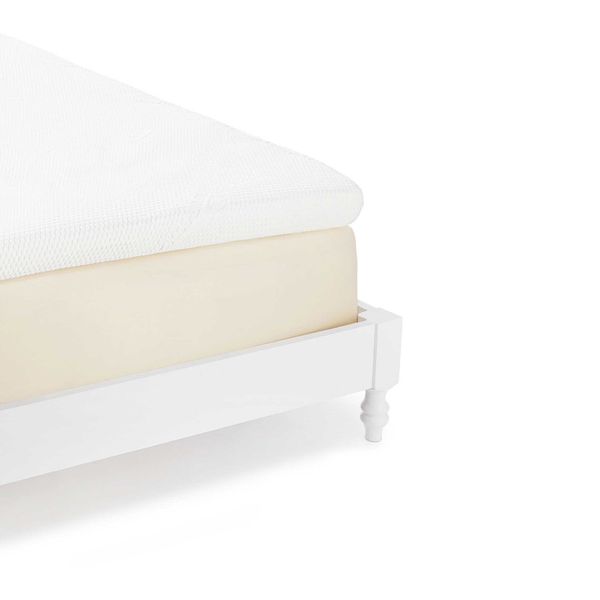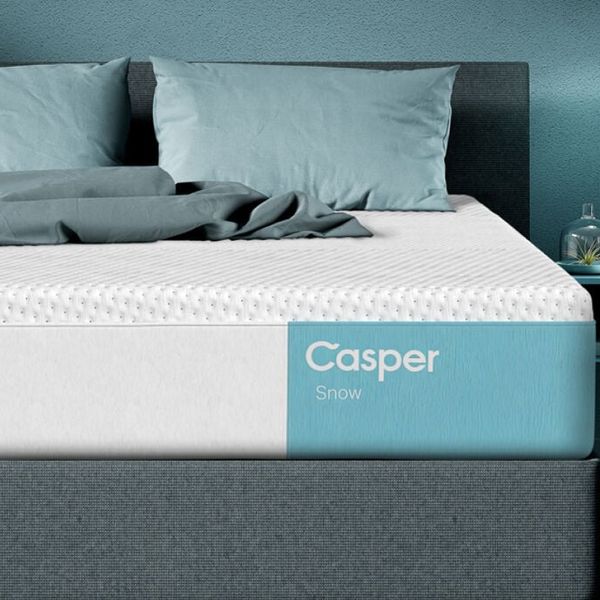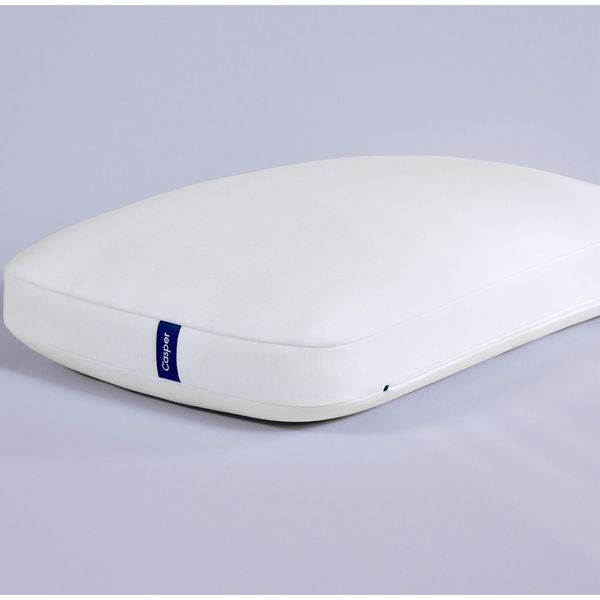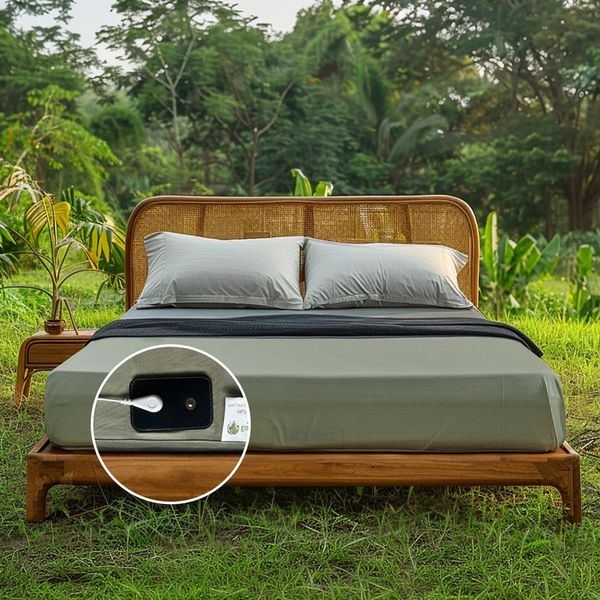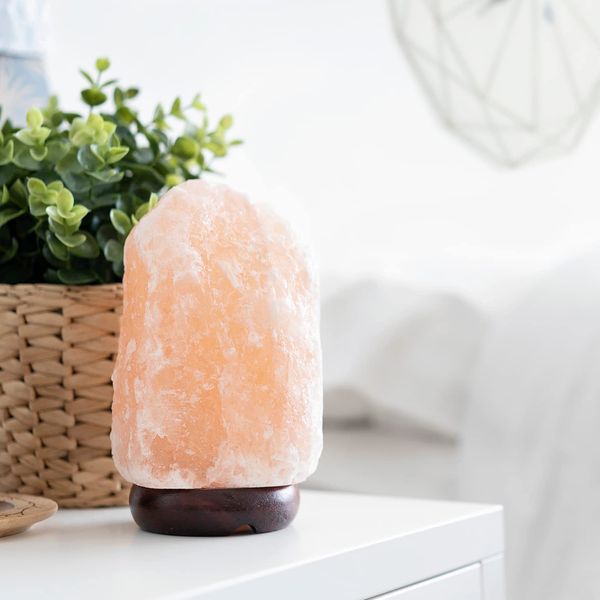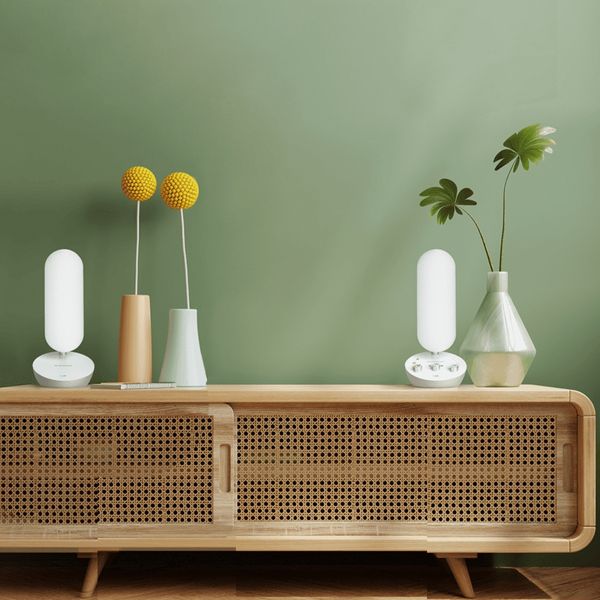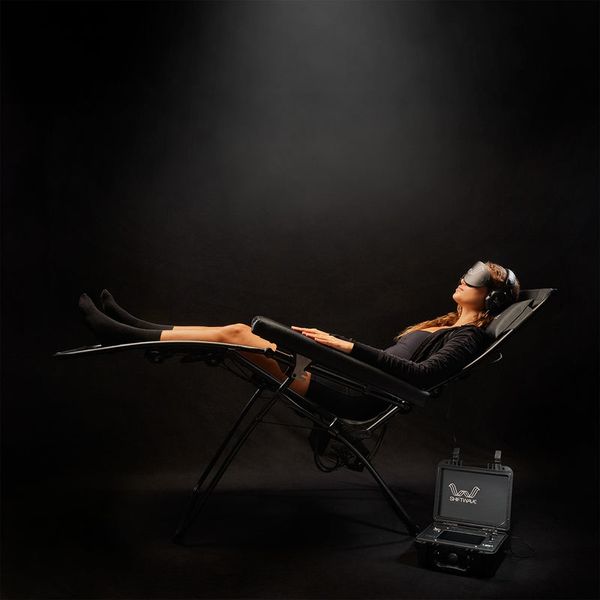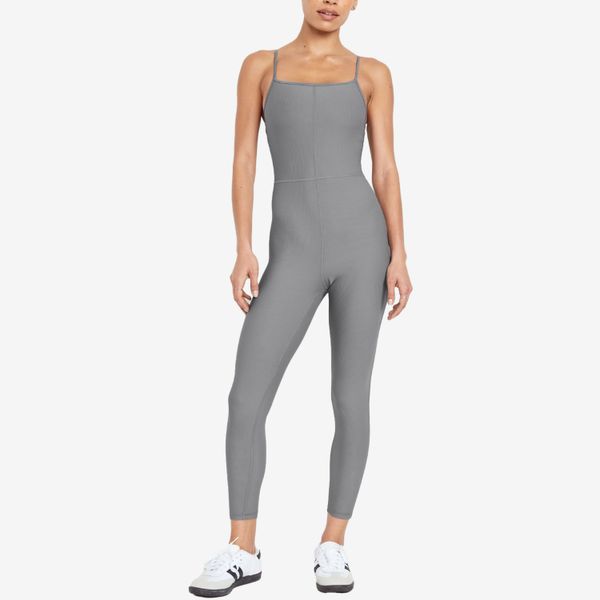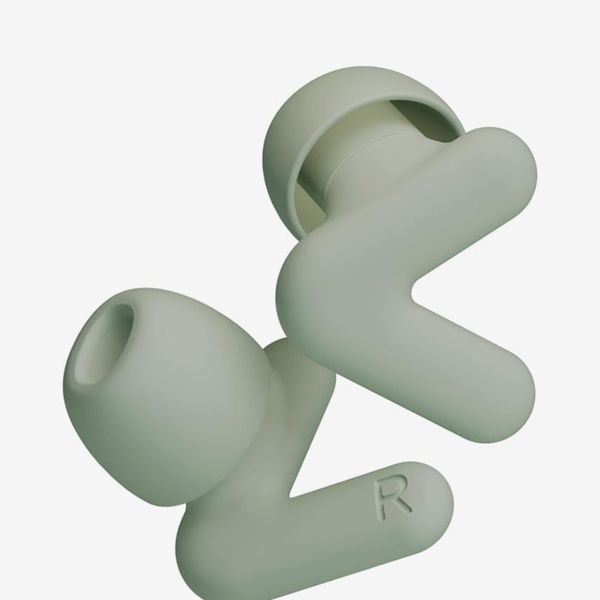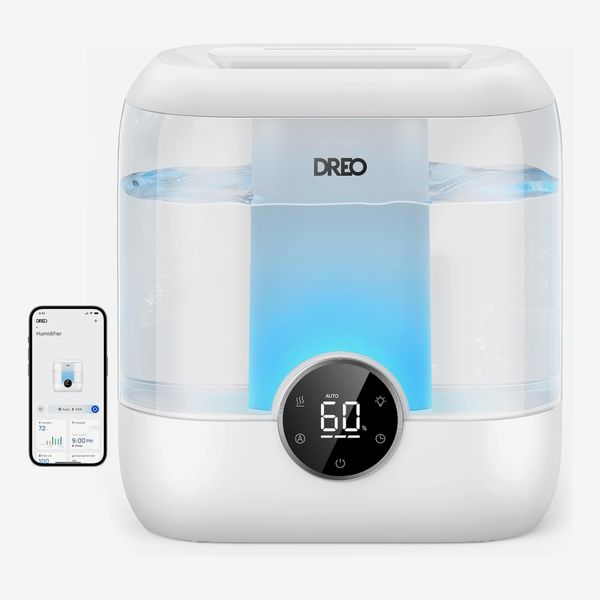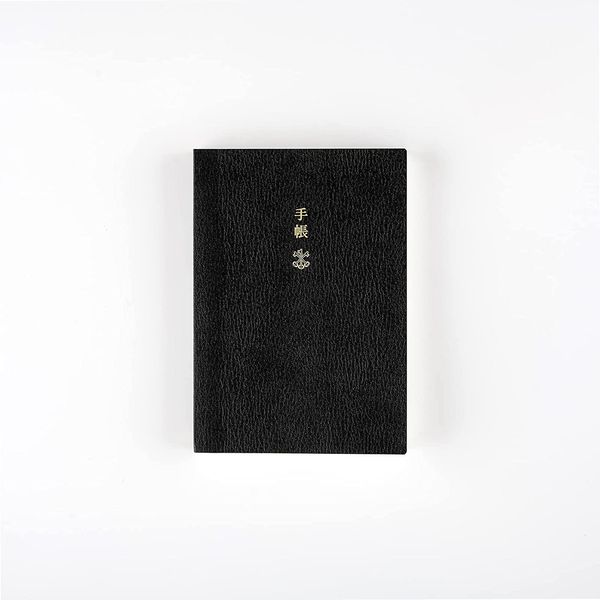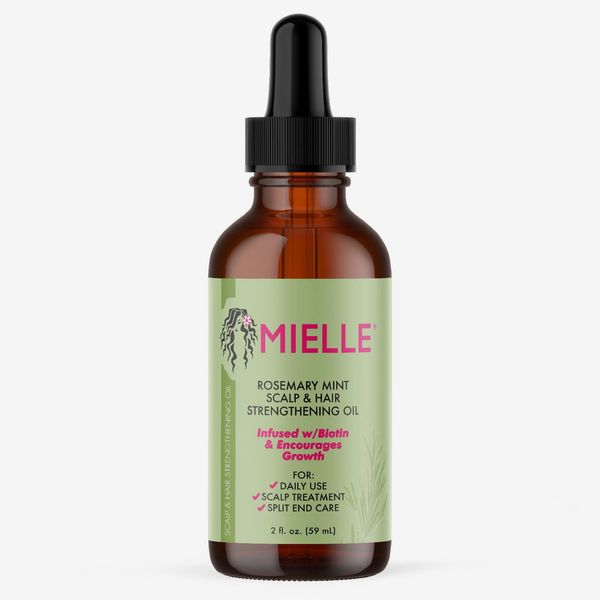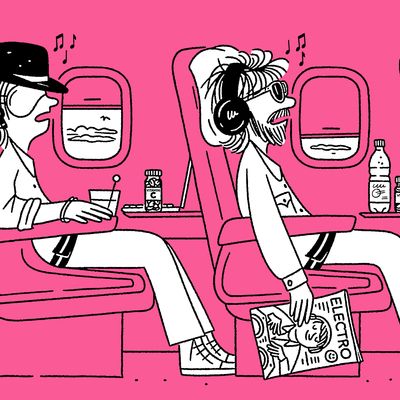
Music producers Tamer Malki and Rami Abousabe, members of the DJ duo Bedouin, are constantly on the road playing late-night shows to enthusiastic ravers, often until the crack of dawn. “We work in a very high-intensity environment — loud music, a lot of people, a lot of energy,” Malki explains. “So that helps to revive me when I’m at the show, even if I’m exhausted. But it catches up to you. You learn how to live with it and try to balance as much as you can.” Throw in long travel days and differing time zones, and “I end up being a night owl and just sleeping through the day a lot of times,” Abousabe adds. Here’s how they make their unpredictable schedule work (but you should check with your own doctors before starting any new sleep or supplement routine).
On the challenges of a fluctuating schedule
TM: We have a residency in Ibiza from May to October, and then from October to May, we’re touring or at home in Miami. Our sleep schedule is tied up with our touring schedule. When we’re traveling into places with different time zones, that’s where it can become really difficult because day is night and night is day. I try to get on a more routine sleep schedule when I can, going to bed around a certain time and waking up around a certain time. But sometimes you need a few days to get into that rhythm again.
RA: One of the biggest challenges when we’re touring is we’ll finish a gig at, say, 6 or 7 in the morning and we need to leave the hotel at 8, 9, 10 a.m., so there’s not really a big window to sleep. So you end up sleeping on the plane, maybe for a few hours, until you arrive at the next destination. And then you’re sleeping, let’s say, between 6 p.m. and 11 p.m., before you have to leave for the next show.
TM: If we have a gig, we get much less than eight hours, for sure. It could be anywhere between three hours and six hours if we’re lucky. But if we’re not playing and we’re not traveling, I try to sleep seven to eight hours a night.
RA: On those couple days off between gigs, I sometimes can sleep for, like, 12 hours to catch up.
On the supplements they take to bolster their health
RA: An overdose of vitamins can sort of offset how you’re depleted from the lack of sleep. My wife is a nutritionist, so she just hands me a fistful of pills. Shilajit is a really important one for us, which is, like, a Himalayan tonic that helps with energy and immune support. Also molecular hydrogen—it’s, like, a pill you put in water that’s for hydration and detoxing. We started taking CoQ10 for the heart because we’re getting older and, with the party lifestyle, it can be a lot on the body. Also, my wife makes a bunch of herbal teas that we keep in the fridge, so we’re constantly hydrating. They have burdock, milk thistle, ginger, lemon, turmeric, things like that. I really like the teas.
TM: I had some blood work done, and the doctor said I was deficient in vitamin D, so I started taking that and noticed immediately that my immunity was much stronger. Vitamin C also helps with immunity for changing climates often and traveling a lot. I don’t get colds as easily as before. I take magnesium, too, just for general health and well-being.
RA: My wife is working on a prototype of a sleep spray with magnesium that you spray on your skin before you sleep. I stopped taking melatonin because I heard there’s a risk of your body not being able to produce it if you take too much. Sometimes I’ll take Xanax as a crutch but only a handful of times throughout the year because, obviously, it can be quite addictive.
TM: Personally, I try not to take anything to sleep because I don’t want to get used to that. Usually, I’m so exhausted that I don’t have a problem falling asleep. The problem for me is, whenever I have a short window where I can sleep, I’m usually too anxious. So most of the time, if I can’t sleep a solid, proper few hours, I’d rather skip it because if I sleep for only an hour, I might wake up even more tired than before because I didn’t get a full cycle.
On how to sleep on a plane
RA: Watching TV helps me unwind. I just need that white noise of dialogue. If I listen to music, I won’t fall asleep, but for some reason, a movie or a TV show will help. I think there’s something about the irregularity of dialogue that’s dynamic and doesn’t really repeat. When I hear something that feels like it’s on a loop, it puts me in a trance, but I’m focused on the music.
TM: On airplanes, I always have my Sony noise-canceling headphones. They’re very important to me because they’re very high quality and they’re also very lightweight. And the battery charges very fast and lasts for a long time. And I’ll have a little pillow, one of those U-shaped ones you buy from the airport. For hotels, we do our best to book a good one that we know will usually have a decent bed and bedding. But on airplanes, it’s a bit harder to get comfortable, especially if it’s not a lie-down business-class seat.
RA: I’ll sometimes have an eye mask on the plane, but usually, I’ll just have headphones. I’ve been trying Urbanista, but I think the Bose QuietComfort ones are better for noise canceling. On the plane, your choice of noise-canceling headphones becomes really important and I don’t think I could sleep without them. I always have a bottle of water for hydration because when you wake up, you’re thirsty and you need to drink, like, a liter every hour. I’ll wear compression socks, too. So I get a little sleep pod going, and that makes it not as painful to be on the airplane all the time.
On the sleep gear they use at home
RA: We have a Tempur-Pedic mattress and topper. I prefer a harder mattress, but my wife prefers softer.
TM: I can never fall asleep if I’m not on my side. I need a specific pillow that’s a little higher that supports the neck. Mine is from Casper and it’s made for side sleepers. Also, a softer bed is very important because your shoulder needs to sink in the bed.
RA: We just started using a grounding sheet that has a wire that goes through the sheet and plugs into an outlet. The frequency of the Earth resonates through it and helps you reset your ions and cells. That’s been a game changer. It helps if you go to bed bloated or inflamed from whatever you’ve done that day. It keeps your heart healthy and your blood flowing better so you don’t get clots, and that’s important since I’m flying so much.
We have a Himalayan salt lamp that ionizes the air for sleeping better. We also have a Beacon40, which is a light that stimulates gamma brain waves. You put it in the corner of the room, light it for, like, an hour before you sleep, and it strobes. But you don’t look at it. It’s supposed to trigger chemicals in your brain that make you more relaxed so you can go into sleep mode.
And we have a special chair that helps the nervous system get relaxed so that when you go to bed, you’re not still trying to come down. There are circles on the chair that vibrate very rigorously, and there’s meditation sounds, and someone’s talking you through your breathing while it’s vibrating. There’s, like, 40 programs, and they range from around two minutes to two hours. The bedtime one is seven minutes. I don’t use it every night, but it can sedate you. If you’re not tired and you want to be tired, it can help you get tired. You do it right before you fall asleep. So you’ve already done your bedtime routine, like brushing your teeth, washing your face, all that. You sit on the chair, you finish the meditation, and you go to bed.
TM: I don’t do any of that. I just do some jumping jacks.
The Strategist is designed to surface useful, expert recommendations for things to buy across the vast e-commerce landscape. Every product is independently selected by our team of editors, whom you can read about here. We update links when possible, but note that deals can expire and all prices are subject to change.

